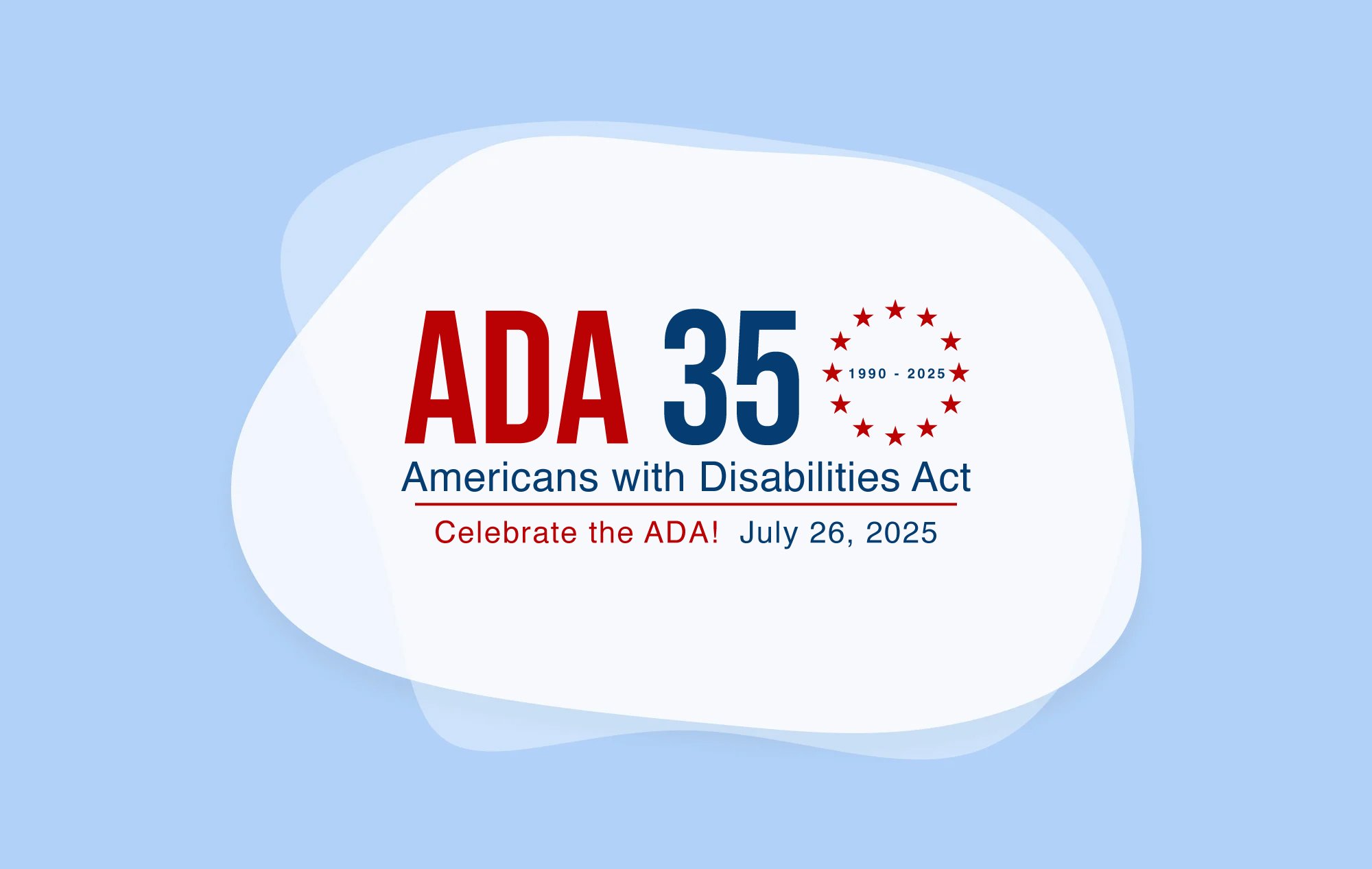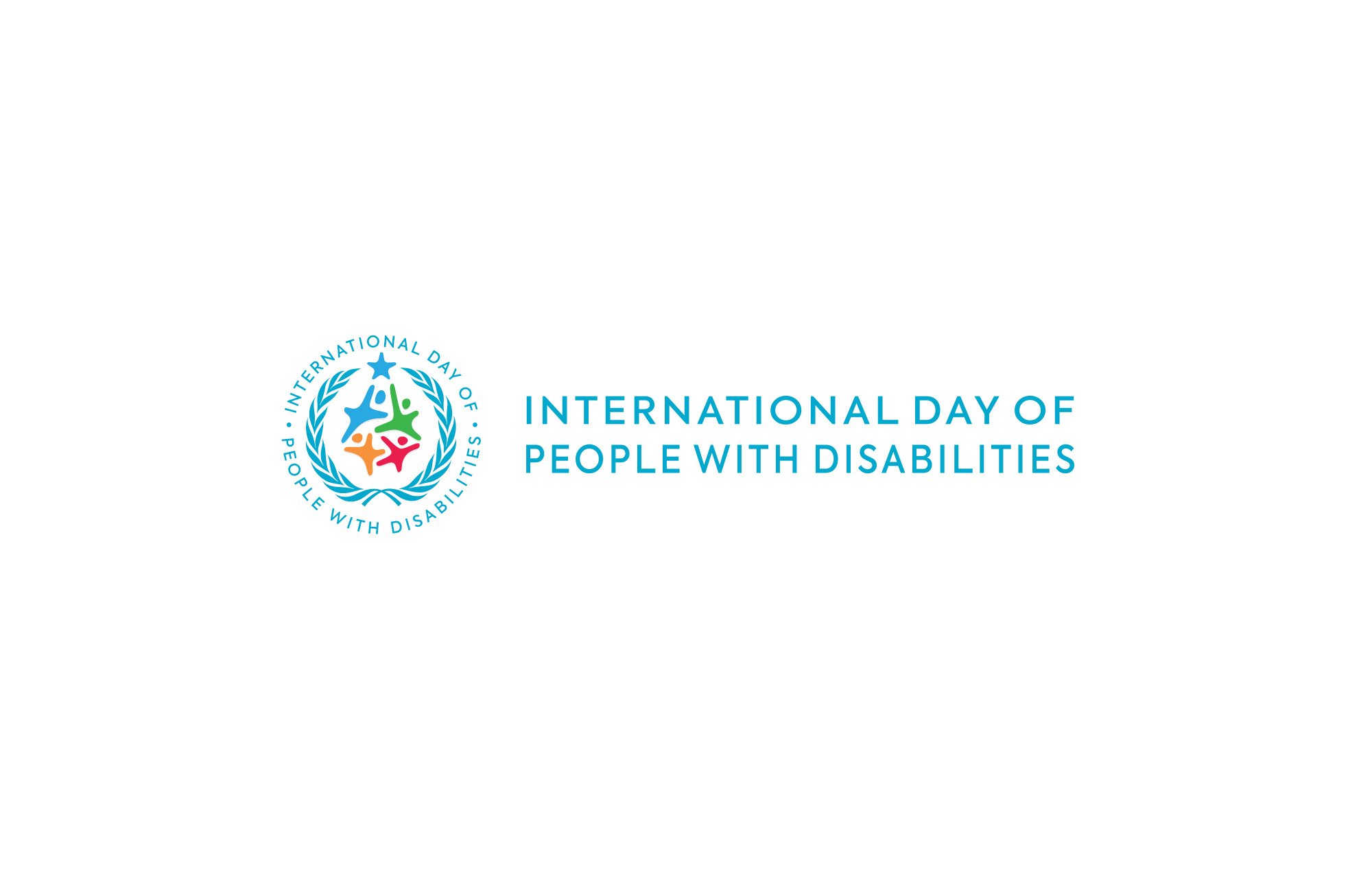Historically, Black, Indigenous, and People of Color (BIPOC) have been underrepresented in the workforce—especially in white-collar occupations, board rooms, and executive offices.
However, the world has witnessed an uptick of diverse hirings and workplace diversity, equity, inclusion and belonging (DEIB) efforts in the wake of George Floyd’s murder and corresponding Black Lives Matter protests, which also fueled discussions about discrimination more generally. For context, of the 39.7% of organizations with dedicated DEIB roles, more than half were created in the past year, according to Culture Amp’s 2022 Workplace DEI report titled, “Understanding the DEI Landscape.”
Yet despite this surge in DEIB awareness, progress has begun to stall—underscoring the reality that businesses still have a ways to go to foster lasting change.
It is essential organizations embrace DEIB as part of company culture—understanding the myriad ways it impacts the workplace and employees, as well as its importance in today’s climate. To guide with these changes, this helpful explainer details the profound impact DEIB can have on organizations and why such efforts are more important now than ever.
Defining DEIB
DEIB awareness, practices, and culture refers to an organization’s efforts to promote acceptance of diversity, wield equitable opportunities for everyone, include all voices, and foster authentic belonging.
While the terminology—diversity, equity, inclusion, and belonging—is often used interchangeably, each facet of DEIB brings an essential component. Often times, advocacy efforts also incorporate “justice,” as well.
- Diversity acknowledges and accepts the broad spectrum of ages, gender identities, religions and spiritualities, sexual orientations, abilities and inabilities, backgrounds, socioeconomic statuses, mental health conditions, and more that comprise the unique differences between people.
- Equity strives to give everyone a level playing field and wield equal opportunities for all—taking into stock discrimination and oppressive factors that put some at an inherent disadvantage from others.
- Inclusion ensures all voices are actively included in important conversations and decision making.
- Belonging is a feeling of being fundamentally accepted, acknowledged, and valued within a group.
- Justice ensures all people are treated fairly and are afforded equitable opportunities.
As renowned inclusion strategist and cultural innovator Vernā Myers put it, “Diversity is being asked to the party, inclusion is being asked to dance.”
To continue the analogy, “equity” is ensuring all guests have the opportunity to dance and hear the music, and “justice” provides any needed support so everyone can have these experiences. Belonging is hearing someone say: ‘I’m so glad you made it!’
Who Does DEIB Impact?
More than an isolated training or checklist to complete, a culture of DEIB permeates into nearly every aspect of the workplace—and therefore, affects every single person.
However, it particularly empowers historically underrepresented populations to finally have a seat at the table.
For perspective, only six Fortune 500 companies had a Black CEO in 2022, and of the one in four C-Suite-level women in corporate America, only one in 20 was a woman of color.
One in four surveyed tech companies had teams that were 70% white, while 73% lacked Black executive-level leadership, and 39% of women and BIPOC individuals felt excluded from decisionmaking, according to the “State of DEI in Tech 2022” report from online tech and startup community Built In.
Among those that suffer the most from discriminative employment practices are people with disabilities—with only 19.1% employed in 2021, compared to 63.7% of people without disabilities, according to 2022 data released by the Bureau of Labor Statistics. The Americans with Disabilities Act (ADA) in 1990 sought to combat this, but correcting these low employment rates has proven difficult.
“This is people work,” explains Buffalo-based DEIJ consultant, trainer, and practitioner Natalia Rice. “This isn't some niche industry that only you have to get a degree in and you will suddenly understand it. As a human being, you are already integral to what we mean when we say diversity, equity, and inclusion.”
In seeking to provide equitable opportunities where all employees can thrive, DEIB initiatives impact workplaces in several ways, including:
- Increased Engagement & Productivity: People are more engaged and productive at work when they feel they are included and working toward shared goals.
- Reduced Turnover: Providing equal access and clear understanding of career advancement opportunities, DEI-focused companies tend to experience less employee turnover and greater job satisfaction than those without.
- Greater Profitability: Organizations with executive teams in the top quartile of gender diversity were 25% more likely to experience “above-average profitability” compared to peer companies in the fourth quartile, according to a 2019 report titled “Diversity Wins: How Inclusion Matters” from global management consultant firm McKinsey & Company.
- Outperform the Competition: The McKinsey & Company report found companies with higher representation tend to outperform competitors, across the board. For example, organizations with 30% of women in executive roles outperformed those with 10–30%—which, in turn, performed better than those with fewer or no executive-level women.
- Greater Innovation: When people of all backgrounds, genders, and industries are given a seat at table, this creates more opportunities for innovation and creativity. In fact, companies with greater diversity boasted nearly double (45%) the average innovation revenue (income from new products and services launched in the last three years) than those with below-average diversity scores (26%), according to an analysis from global consulting firm BCG.
- More Opportunities to Succeed: Surveyed organizations with a DEI policy had more employees agree with statements such as “My organization builds teams that are diverse” and “People from all backgrounds have equal opportunities to succeed,” according to the aforementioned Culture Amp report.
DEIB efforts also foster more employee motivation (+7%), access to learning opportunities (+6%), pride in working for the organization (+7%), a sense of belonging (+3%), wellbeing in managerial relationships (+7%), and feelings of psychological safety, Culture Amp reported.
To cement DEIB as a priority in company culture, Culture Amp wrote, leadership should consider a combination of initiatives, such as:
- Having a DEIB Policy or Strategic Plan
- Utilizing DEIB Data for Decision Making
- Implementing Employee Recognition, Mentorship, or Sponsorship Programs
- Fostering Transparent Career Advancement Processes
- Offering DEIB Trainings
- Hiring & Promoting Underrepresented Candidates
- Holding DEIB Conversations & Events
- Hosting External Consultants & Thought Leaders
- Conducting DEIB Surveys
Each organization is different, and DEIB is not a one-size-fits-all pursuit, explains Rice. Therefore, it is important for each business to create DEIB programs that work for them—and even more important for staff, and especially leadership, to fully embrace it.
“I love putting the reins back in the hands of those that I am facilitating,” explains Rice, who serves as a training and human resources specialist with education non-profit Say Yes Buffalo. “It's great to have somebody there to facilitate and to catalyze those conversations, but at the end of the day, we have to take an active role if we all want to see transformation happen.”
Why Is DEIB Important?
Integrating DEIB into company framework is important to creating a conducive, inclusive work environment that retains staff, maximizes productivity, and, succeeds.
It empowers voices who might not normally be or feel heard to offer valuable contributions that alter the course of business operations and help companies innovate in important ways.
DEIB in the workplace is cog in the wheel of needed progress toward a more inclusive world.
As society continues to reckon with centuries of injustices and the removal of barriers and institutional forces that harm disenfranchised communities, it is essential all industries do their part in fostering more inclusivity, equity, and belonging.
While recent events—such as Floyd’s murder or the racially-motivated murder of 10 Black people in a Tops supermarket in Buffalo, NY—may be a motivating factor in pursuing DEIJB efforts, it can’t be a one-off.
“Why does it have to take somebody being gruesomely murdered on camera for people to speak up again, and be willing to take action?” Rice says. “That is something that I would like to see challenged, that we cannot only care about this—we cannot only invest our resources into this—when something excruciatingly traumatic happens.”
By embracing a culture of DEIB in the workplace, organizations not only benefit in nearly every aspect of business operations, they become a catalyst for change—empowering their people with access, equity, and the power to help create lasting progress.
InclusionHub is an online resource directory dedicated to raising awareness about and improving DEIB, digital accessibility, and other important issues. To learn more about implementing a workplace culture that prioritizes DEIB, contact us today.






Leave a Comment